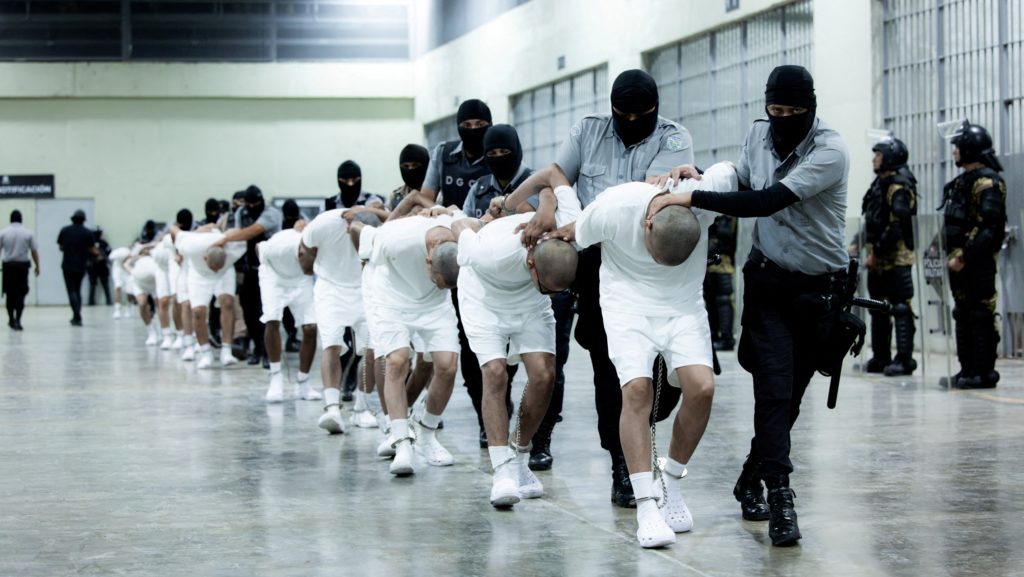The Supreme Court issued a ruling April 7 allowing the Trump administration to continue to deport migrants accused of gang membership using a wartime powers law for now, overturning a lower court that had paused such deportations. However, the high court also stressed that individuals subject to such deportations are entitled to judicial review, prompting an emergency filing before a federal court in New York the following day.
In March, President Donald Trump invoked the Alien Enemies Act for the first time since World War II, granting himself broad authority under a wartime law to deport people allegedly associated with the Venezuelan gang Tren De Aragua, prompting both legal challenges and concern from Catholic immigration advocates.
In response to a lawsuit filed by the American Civil Liberties Union, the Supreme Court's order did not address the question of the constitutionality of Trump's use of the Alien Enemies Act to deport migrants, regardless of their country-of-origin, to a notorious mega-prison in El Salvador. Instead it issued a narrow procedural ruling, finding the migrants' lawyers filed their lawsuit in the wrong court.
But the ruling also said that the migrants in question were entitled to judicial review of the allegations against them.
"The detainees are confined in Texas, so venue is improper in the District of Columbia," the court's order said.
"Importantly, as the Court stresses, the Court's disagreement with the dissenters is not over whether the detainees receive judicial review of their transfers -- all nine Members of the Court agree that judicial review is available," Justice Brett Kavanaugh wrote in a concurring opinion. "The only question is where that judicial review should occur."
J. Kevin Appleby, senior fellow for policy at the Center for Migration Studies of New York and the former director of migration policy for the U.S. Conference of Catholic Bishops, reacted to the news with dismay.
"The decision, even if temporary, gives the executive (branch) broad and overreaching power to determine who is an enemy of the U.S., without any guardrails," he told OSV News. "It conjures up images of groups of immigrants being whisked away under the cloak of darkness to inhumane confinement in a foreign land."
At an April 8 press briefing, White House press secretary Karoline Leavitt cast the ruling as a victory for the Trump administration, saying, "Last night, the Supreme Court delivered a massive legal victory to the Trump administration and allowed us to continue removing foreign terrorist invaders under the Alien Enemies Act."
"Our message to the monster Tren-de-Aragua and MS-13 terrorists still hiding illegally inside our country is clear: Deport yourself now or you'll be locked up," she said.
But Lee Gelernt, deputy director of the ACLU's Immigrants' Rights Project and lead counsel, said in a statement, "The critical point of this ruling is that the Supreme Court said individuals must be given due process to challenge their removal under the Alien Enemies Act. That is an important victory."
Catholic social teaching on immigration balances three interrelated principles: the right of persons to migrate in order to sustain their lives and those of their families, the right of a country to regulate its borders and control immigration, and a nation's duty to regulate its borders with justice and mercy.
Appleby said that while the high court allows for appeals prior to deportation, he did not have faith the administration would "abide by that requirement."
"It's like telling the fox to knock before entering the hen house," he said.
The ACLU and New York Civil Liberties Union, in partnership with The Legal Aid Society, filed an emergency petition with the U.S. District Court for the Southern District of New York April 8, challenging the deportations following the high court's guidance. They argued the venue was appropriate given their clients were being held in custody within the court's jurisdiction, where key events also took place, at the time of the filing.

